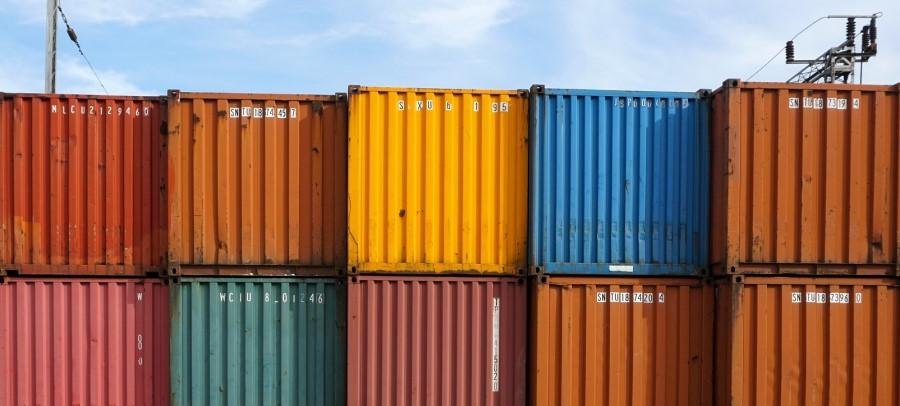Impact of transfer pricing adjustments on EU customs valuation

For many companies, COVID-19 has led to severe disruptions in their global supply chains and the demand for their products. A result of these disruptions is that many companies are experiencing unusual profit outcomes and, as a consequence, are considering making retrospective intercompany transfer pricing (TP) adjustments or additional payments (insofar as this has not already taken place as part of a company’s regular TP policy). This is a frequently recurring issue for entities that earn profit margins or markups within target ranges (so-called dependent companies e.g. certain distributors, manufacturers, or service providers). However, depending on the facts and circumstances, this could also apply to other types of entities.
Many companies are not aware that retrospective intercompany TP adjustments could potentially impact the customs valuation of goods imported into the EU. It is therefore imperative that action will be taken.
TP and EU customs valuation
Based on EU Customs legislation, transactions between two entities belonging to the same entity group are treated as ‘related party transactions’. Such transactions may be examined by the Customs authorities to determine whether the price declared for the imported goods is ‘influenced’ by that relationship. In this respect, the Customs authorities will examine all circumstances surrounding the sale and, if necessary, the importer will be given an opportunity to supply further detailed information about those circumstances. If it cannot be demonstrated that the price between two entities belonging to the same entity group is not ‘influenced’ by that relationship, the transaction value method cannot be used and an alternative value method must be applied.
When using the transaction value method, TP adjustments (either upward or downward) have an impact on the customs value that must be declared upon import and, as such, potentially on the amount of customs duties payable. In principle, EU legislation requires importers to enter into a reconciliation program if goods could be subject to value adjustments. The reconciliation program requires EU importers to submit provisional customs declarations followed by a supplementary declaration once the final price (after TP adjustment) is known. However, in practice, due to technical restrictions in the electronic declaration system (AGS) used by the Dutch Customs authorities, the reconciliation program cannot be applied in the Netherlands. This is because AGS automatically 'closes' the provisional declaration at the end of the month following the month in which the provisional declaration was filed and at that time it is unlikely that the respective TP adjustments will have been processed.
Consequently, most importers in the Netherlands prefer using an annual disclosure process in which the transfer pricing adjustments are reported and the customs duties payable are recalculated (via a lump-sum disclosure). In order to use this annual disclosure process, it is necessary to obtain a ruling from the Dutch Customs authorities that covers the disclosure process (e.g. the manner in which the transfer pricing adjustment has to be allocated over the various import entries).
CJEU judgment in the Hamamatsu case (C-529/16)
In December 2017 the Court of Justice of the European Union (CJEU) rendered judgement on retroactive transfer pricing adjustments in relation to the customs value of goods imported into the EU. In short, the CJEU ruled that if the initial transfer price could be subject to retroactive adjustments, a provisional price cannot be used for customs valuation purposes. This implies that either incomplete customs declarations have to be submitted, which are reconciled afterwards or that an alternative customs valuation method must be used. As the implementation of either of these alternatives involves significant practical challenges, the Dutch Customs authorities are, for the time being, still open to concluding pragmatic customs valuation rulings with importers in which they allow importers to use the provisional price for ‘day-to-day’ customs valuation purposes, as long as the importer periodically discloses the upward or downward adjustments.
What should companies do?
The CJEU ruled that under EU legislation there is, in principle, no legal obligation to report year-end retroactive TP adjustments. However, if not reported voluntarily, it is highly likely that the Dutch Customs authorities will challenge the use of the provisional transfer price for customs valuation purposes and thus force the importer to use an alternative customs valuation method going forward. On the other hand, downward compensating TP adjustments (i.e. decreasing the customs value) may lead to the EU customs duties that were paid being refunded. Hence, this offers a potential opportunity!
Companies who perform year-end TP adjustments or are considering doing so, should assess their EU customs value position and take further action if required. Meijburg & Co’s customs lawyers have extensive experience with EU customs valuation matters. We are therefore well-placed to help your company evaluate the impact of these TP adjustments and assist you with the implementation of a compliant customs valuation structure.